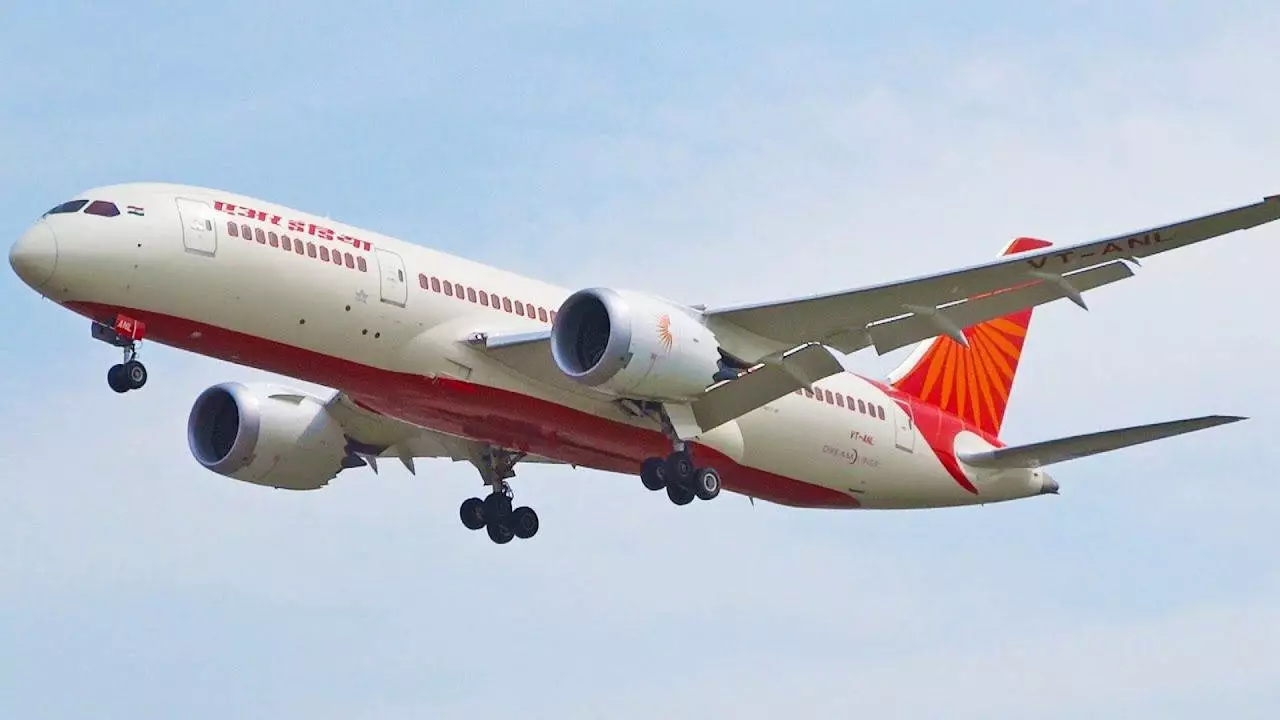Flight Delays Explained: What Causes Them and How to Deal
If you’ve ever watched the departure board flicker from "On Time" to "Delayed," you know the frustration. Flight delays are a normal part of air travel, but they don’t have to ruin your plans. Below we break down the common reasons, the best ways to stay informed, and what you can claim if the airline owes you.
Why Flights Get Delayed
Weather tops the list. A sudden storm, low visibility, or even strong winds can make it unsafe for planes to take off or land. When the sky isn’t cooperating, pilots and controllers must wait for safer conditions.
Technical issues are another big factor. Aircraft need regular checks, and if a system flags a problem, the crew will fix it before you board. It feels like a hassle, but it’s better than a mid‑air emergency.
Air traffic congestion at busy airports can also pile up delays. When many planes are scheduled to land or depart around the same time, controllers may space them out, causing a ripple effect.
Lastly, crew rest rules matter. Regulations require pilots and cabin staff to have a certain amount of rest between flights. If a crew finishes a long haul, they might not be eligible for the next flight, forcing the airline to find a replacement.
How to Stay Ahead of a Delay
Sign up for airline notifications. Most carriers send text or email alerts as soon as a delay is logged. Having that push notification means you don’t have to keep checking the board yourself.
Download a flight‑track app. Apps pull real‑time data from airports and can give you a heads‑up even before the airline’s system updates.
Keep essential items in your carry‑on. A charger, snacks, and a good book can turn a waiting game into a comfortable break.
If you’re stuck at the gate for more than an hour, ask the gate agent about your options. Sometimes they can rebook you on a later flight, offer a meal voucher, or even a lounge pass.
Getting Compensation for Flight Delays
Many regions have passenger rights laws. In the EU, for example, a delay over three hours on a flight over 1500 km can qualify you for up to €600. In the US, compensation isn’t guaranteed, but airlines may offer vouchers or refunds on a case‑by‑case basis.
To claim, keep all documentation: boarding passes, receipts for meals or accommodation, and any communication from the airline. Write a concise email stating the flight number, date, length of delay, and what you’re requesting.
Use a reputable claims service if you don’t want to chase the airline yourself. They usually take a small percentage of any payout, but they handle the paperwork and follow‑up.
Remember, the key is to act quickly. Most airlines have a window—often 30 days—to file a claim, and the longer you wait, the harder it becomes to prove the inconvenience.
Flight delays are annoying, but with the right preparation you can cut down the stress. Track your flight, pack smart, know your rights, and you’ll turn a delayed hour into a manageable pause rather than a disaster.



